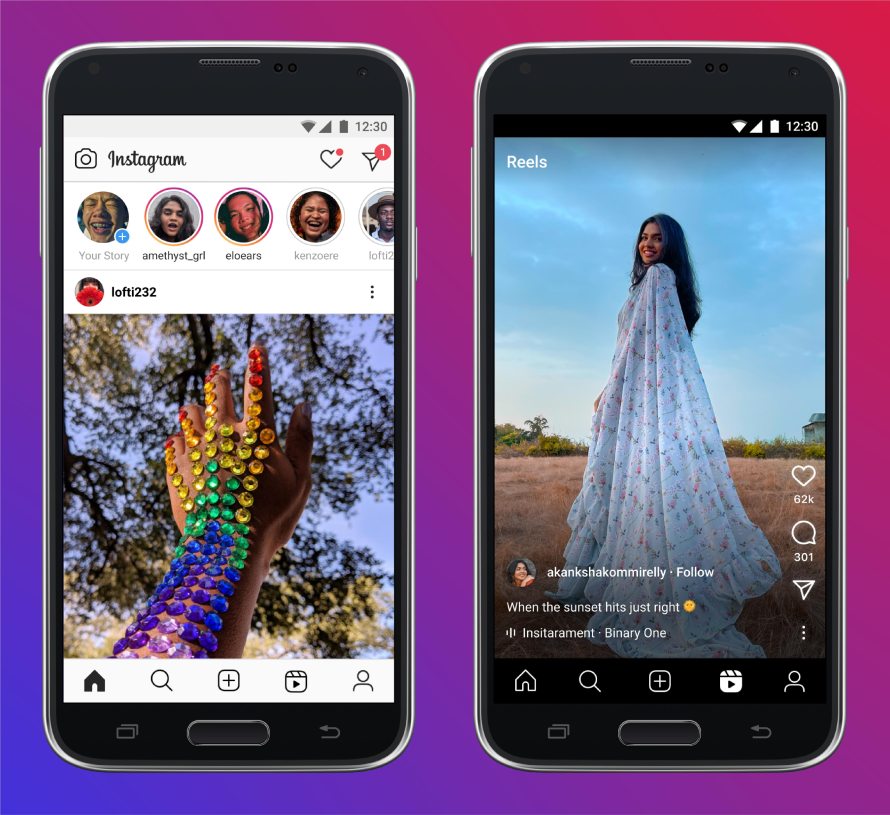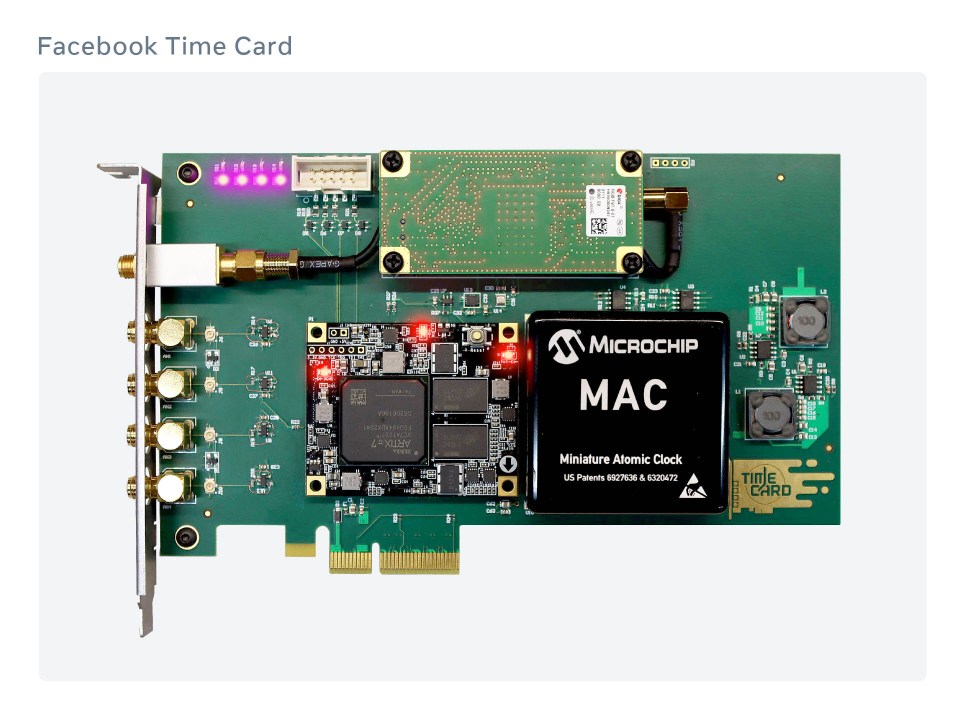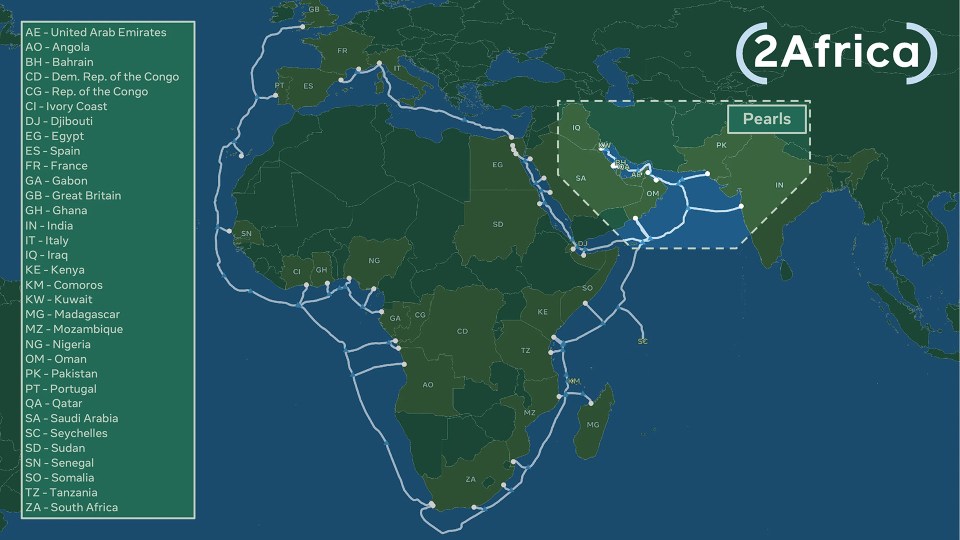- We’re sharing seven innovations built by our teams in Europe, Middle East and Africa this year, ranging from Instagram Lite for rural communities to the world’s longest subsea cable, to celebrate the work done by teams in this region.
2021 has been another challenging year. However, as we have started to recover from the COVID-19 pandemic and treat the climate crisis with more urgency, we have also increasingly seen the positive role that social technologies play in connecting people and businesses in inspiring ways.
For our colleagues at Meta in London, Tel Aviv, Paris, Dublin or working remotely across Europe, the Middle East and Africa, building new technologies to address today’s societal challenges has become more important than ever — and this year we’ve seen a lot of progress that makes us hopeful for the future. Whether it was finding new and innovative ways to expand internet connectivity, advancing the state of the art in artificial intelligence, or reimagining the way we conduct remote meetings, we’re pleased to see all the innovative technologies that have come from our teams in EMEA.
Here’s a look back at some of our biggest innovations from 2021.
Instagram Lite: An Instagram App That’s Only 2MB
Our engineering and product teams in Tel Aviv developed Instagram Lite in collaboration with their colleagues in New York. This new app for Android is designed to provide people living in rural communities with a high-quality Instagram experience by using minimal data.
The app only requires 2 MB to download — considerably less than the full-size version of close to 30 MB — but retains the key features that people using entry-level devices want. To keep those features on the smaller app, the team looked to Facebook Lite, another Tel Aviv creation that debuted a few years ago, and offloaded into the cloud most of the code from the app running on the phone.
DINO: Advancing the State of the Art in Computer Vision
Working in collaboration with researchers at Inria, the Meta AI team in Paris has developed DINO, a new method to reason more effectively on the contents of an image or video. This is considered one of the hardest challenges in computer vision because it requires that AI truly understand what is in an image.
DINO can discover and segment objects in an image or a video with absolutely no supervision and without being given a targeted objective. For example, DINO can understand that an image contains a representation of a dog without ever being taught what a dog is in the first place.
Expire-Span: Teaching AI to Forget
Every day, we’re inundated with a constant stream of information — most of which we’ll forget. We often take for granted the ability to forget mundane, day-to-day details to make room for valuable moments that matter in our long-term memory bank. However, unlike human memory, most neural networks don’t have the ability to forget.
So, as a step toward achieving human-like memory in machines, our Meta AI team in Paris announced Expire-Span, that equips neural networks with the ability to forget at scale. To achieve this, Expire-Span assigns an expiration date to each piece of information — much like the expiration date on a bottle of milk. When the date has passed, the information gradually expires from the AI system. Intuitively, more relevant information is retained longer, while irrelevant information expires more quickly.
Time Appliance: Keeping Track of Time More Accurately
When hundreds of millions of people post content on social media every day, it’s important to keep track of the actual order in which each post, reply or emoji happened, in order for those interactions to make sense. However, keeping data synchronized across different data centers and continents is difficult.
To solve this challenge, our engineers in Dublin and Menlo Park came up with the Time Card — a PCI Express (PCIe) card that turns any commodity server into a time appliance and that keeps data centers synchronized at the nanosecond level. The Time Card is an open source project that is more affordable for anyone to build, three times more accurate, and more compact than any commercial solution available today.
2Africa Pearls: Building the World’s Longest Subsea Cable
Meta invests in subsea cables as part of our continued efforts to build the infrastructure that helps bring more people online to a faster and more affordable internet. One of our most complex connectivity projects in EMEA is 2Africa, the most comprehensive subsea cable to serve the African continent and Middle East region.
This year, we announced, together with regional and global partners, a new segment of subsea cable called 2Africa Pearls, which connects three continents — Africa, Europe and Asia. This extension will bring the total length of the 2Africa cable system to more than 45,000 kilometers, making it the longest subsea cable system ever deployed.
Horizon Workrooms: Meetings Get a Revamp in VR
Horizon Workrooms is a workspace where teams can connect, collaborate and create in VR using our Quest 2 headset. Built by a team in London, Workrooms brings some of our best new technologies together for the first time into one experience on Quest 2.
Using features like mixed-reality desk and keyboard tracking, hand tracking, remote desktop streaming, video conferencing integration, spatial audio and the new Avatars, Workrooms creates a different kind of productivity experience that is unlike any other application designed for remote work.
Transfer Your Information: Making Data Portability More Seamless
Initially launched in 2020 and built by a team in London, our Transfer Your Information tool makes data portability more seamless for our users, allowing them to transfer Facebook photos, videos, posts, notes, and events to other services such as Backblaze, Dropbox, Google Photos, Koofr, Google Docs, WordPress.com, Blogger, Photobucket or Google Calendar.
To provide people with more choice and control over their data, we’ve spent 2021 rebuilding our data portability tool from the ground up and adding support for more data types. Now, it’s easier for people to see what destinations and what data types are supported, there’s greater transparency around the status of each transfer and people can simultaneously start multiple data transfers for one destination. We’re also working with developers to expand the selection of data types and destinations we support.
We’re very proud of the achievements of our colleagues in EMEA during this past year. In 2022 and beyond, we will focus on building more of the foundational technologies that will bring the metaverse to life and create the next computing platform. As part of this new goal, we are creating 10,000 new high-skilled jobs in the European Union over the next five years. EMEA is hugely important to Meta. From the thousands of employees in the region to the millions of businesses using our apps and tools every day, EMEA is a big part of our success and our vision for the next decade of social technology.




